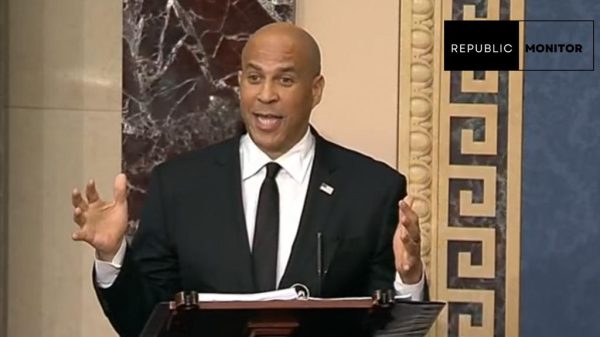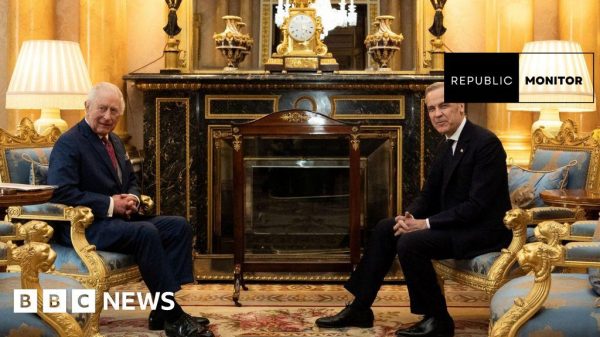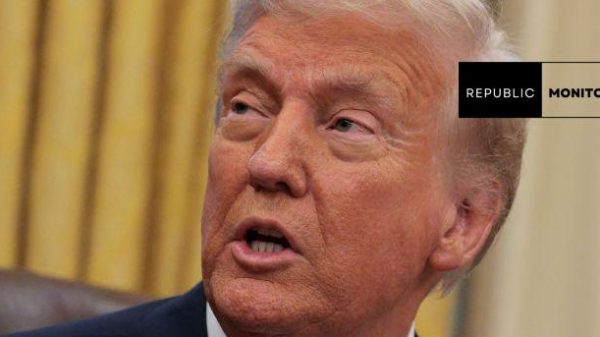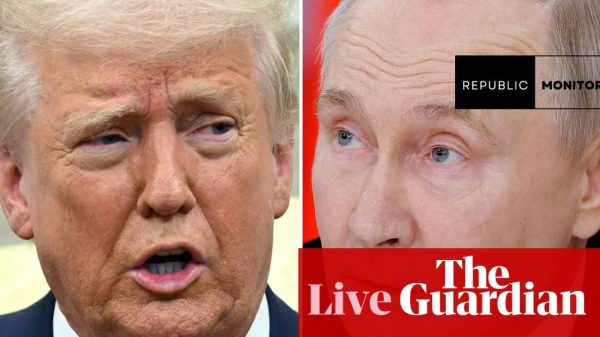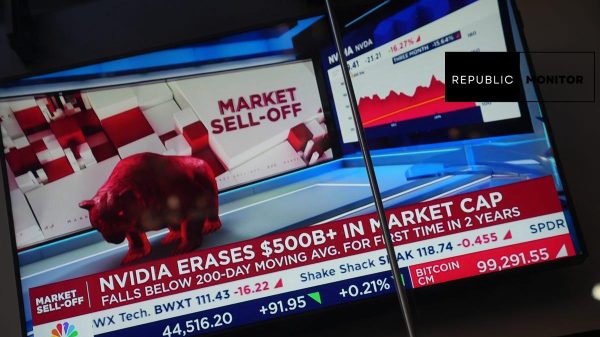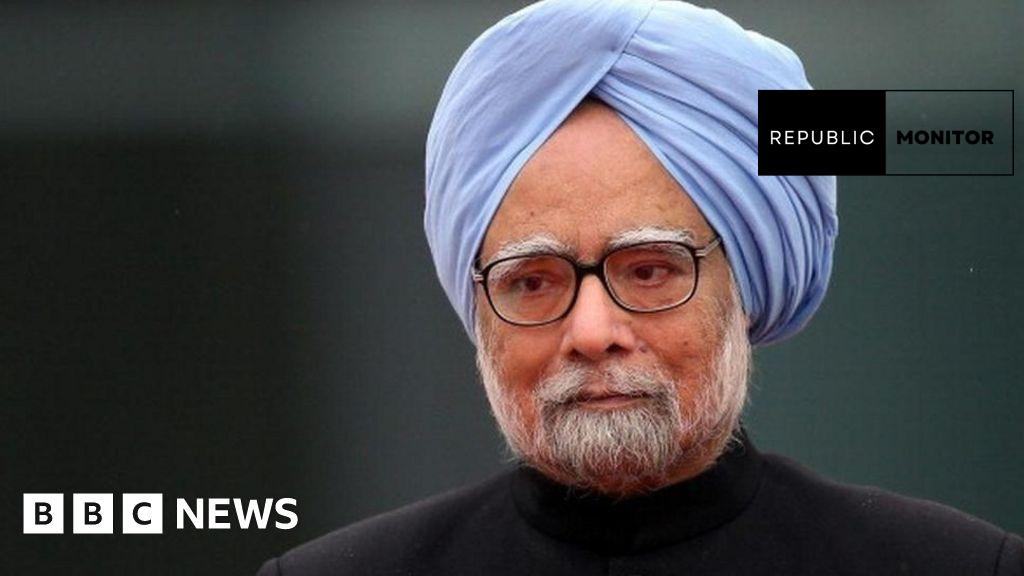In a somber moment for India and the world, former Prime Minister Manmohan Singh passed away at the age of 92. Singh, who served as Prime Minister from 2004 to 2014, was not just a political leader but a key architect of India’s economic reforms that transformed the country into one of the fastest-growing economies. His passing has led to heartfelt tributes from across the political spectrum, reflecting on his impact and legacy.
Manmohan Singh’s Historic Leadership
Manmohan Singh’s journey in politics began with his role as the Governor of the Reserve Bank of India in 1982 and then as the finance minister in 1991. It was here that he boldly reformed India’s economy by deregulating it, inviting foreign investments, and reducing trade barriers. His efforts in 1991 led to substantial economic growth, helping India emerge from a potential crisis.
Economic Liberalization: A Turning Point
- As finance minister, Singh devalued the Indian Rupee to make exports cheaper.
- He aimed for a competitive economy, enabling private investments and public sector reforms.
- His leadership saw GDP overtake rates of around 8% during his initial years as Prime Minister.
This economic liberalization changed the face of modern India, allowing millions to pursue better living standards and job opportunities.
A Leader of the People
During his tenure as Prime Minister, Singh was known for his calm demeanor and low-profile approach to leadership, often avoiding the spotlight despite enormous responsibilities. His administration introduced crucial social measures, including the National Rural Employment Guarantee Act, which promised 100 days of work to rural households. Such innovations aimed to uplift the underprivileged sections of Indian society.
Legacy of Apologies and Reconciliation
Singh was also notable for openly acknowledging the mistakes of the past, including publicly apologizing for the tragic anti-Sikh riots of 1984. His commitment to truth and reconciliation reflected a broader vision of unity and peace within a diverse nation.
Strengthening International Relationships
On the international front, Singh played a pivotal role in solidifying India’s relations with global powers, most notably through a landmark nuclear deal with the United States in 2006. He worked tirelessly to strengthen ties with Russia, and also aimed for peaceful collaborations with neighboring countries, including Pakistan. Former Pakistani Foreign Minister Khurshid Kasuri remarked on Singh’s ambition for peace, envisioning shared meals between nations, a sign of camaraderie and cooperation.
A Time for Mourning and Reflection
Prime Minister Narendra Modi and various political leaders expressed deep sorrow at Singh’s demise, noting his wisdom and contributions to India’s development. The Congress party, where Singh spent much of his political life, also shared poignant memories of his influence, marking the end of an era in Indian politics.
Tributes to a Visionary Leader
From his early days in public service to leading the country through essential reforms, Singh left an indelible mark on India’s path. His death is not just a loss for his family but for millions who looked up to his leadership throughout changing times. As politicians, economists, and citizens alike pay their respects, it’s a reminder of the significant impact one individual can have on an entire nation.
Conclusion
As India mourns its beloved leader, Manmohan Singh, the nation reflects on a life dedicated to the service of its people and the progress of its economy. His legacy as a leader who championed economic reform, social justice, and international peace will undoubtedly live on in the annals of history.

